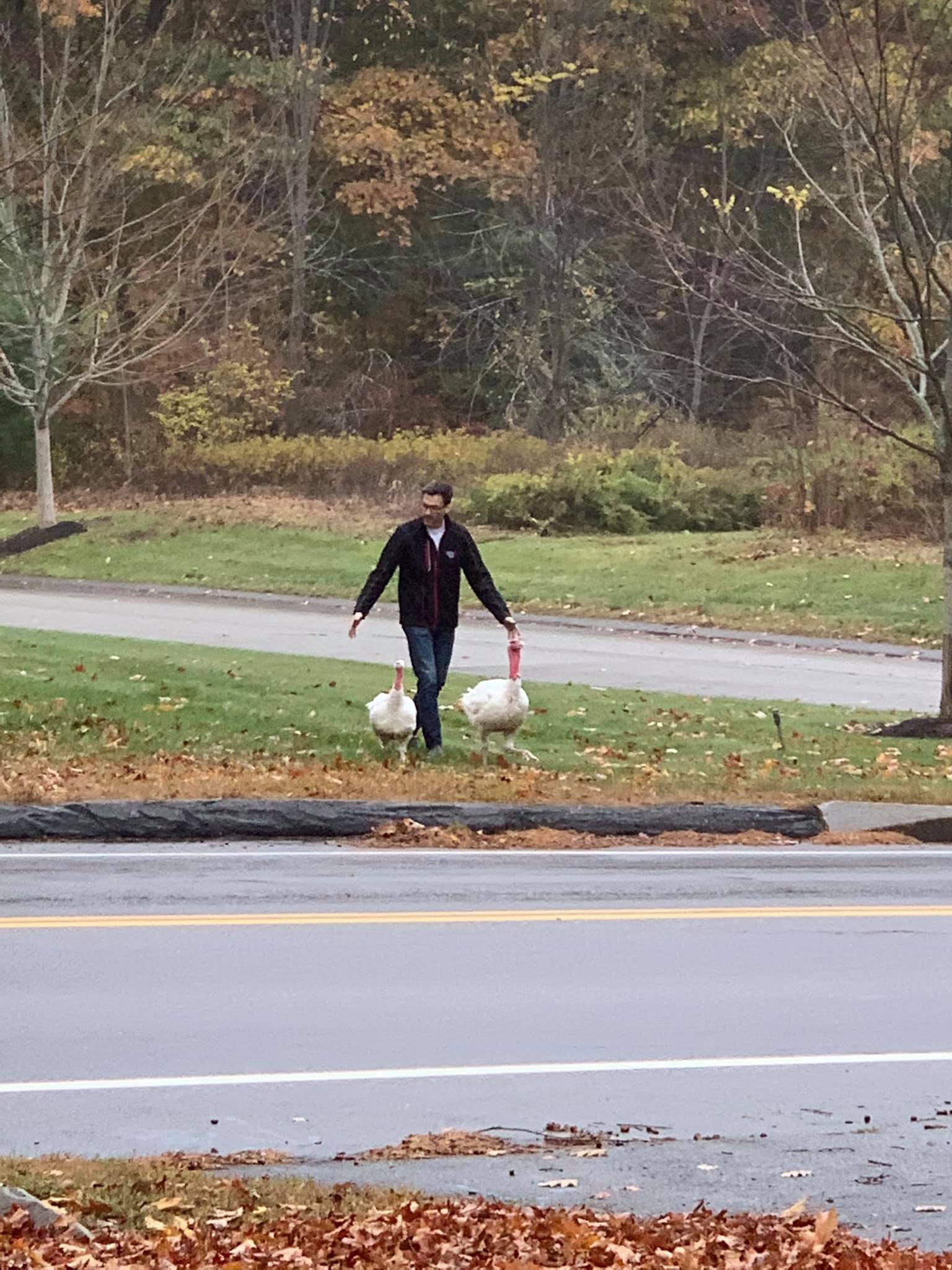When bad things happen to good chickens
/Last week I went out with the Critter, and picked up five new pullets. When one of my friends asked why I was adding more (this took us up to around 28 or 29 birds. I sort of lose count), I explained that the Grady bird attrition rate is fairly high, and it paid to plan ahead.
We hadn't had too much loss lately, actually. Other than a couple of our older hens dying an unexplained but natural death (that happens sometimes, I've learned, and unless you see signs of some kind of infection that carries to the other birds, it's not a great worry), we hadn't lost any since last fall. But then a couple of weeks ago, I gave one of our young birds to a neighbor. The other young pullets aren't yet laying. And the older birds had stopped laying quite as often, cutting into the Critter's farmers' market sales. I figured it wasn't a bad idea to lay in a few spares, so we found a handful of Auraucanas (they lay pretty pastel green or blue eggs) at point-of-lay (about 5 months old) on Craig's List, and added them to the flock.
The first time I added new hens to the flock, I tucked them into the coop at night, after the other hens had gone to sleep. I had read or heard that the other hens would accept the new birds in the morning, as if they had always been there (chickens being one of the dumbest creatures in the barnyard - this I can attest to from experience). Turns out, however, that our birds were either the slightest bit more observant than most, or one of the new birds got lippy with the established crew. The pecking order messily exerted itself, and we were down one young hen. Since then, we have established a system where I section off one corner of the run with temporary fencing, and let the birds live side-by-side for a few days to a week, separated by the fence. After a few days, the birds are allowed to mingle, and they all seem to get along, although for a month or so, the young birds tend to move around together in a huddle, as if there is protection in numbers.
At the end of last week, I came home and sat on the couch. It was one of the hot days we've had lately, and I ordered the Critter out a bit early to check on the chickens' water and feed. I dozed, and enjoyed the quiet and humid heat. Summers in Massachusetts peak with a couple of weeks of sultry humidity that remind me of the extended months of heat in Georgia, but never drag out to the point where it becomes unwelcome. The long, very long winter up here, make it all pretty bearable.
I woke up from the doze to the Critter's declaration.
"There's just a head."
"zzz..wha?"
"I opened the door, and there's just a head."
I figured the heat, or the sleep had gotten to me.
"A chicken head?"
"Yes."
"Where was the rest of the chicken?"
"I didn't see it."
"Was it dead?"
"I think so."
I had built the coop with two doors, an exterior door opening to a sectioned off end part where I mounted the electrical box and stored the feed, and then the interior door that opens to the main coop. I'm always getting after the Critter who closes one or the other, but not always both. I walked down with her to see what she was talking about.
Sure enough. Just inside the outside door was the head of a chicken. No sign of struggle, or any remnants of the rest of her body. The feathers from her neck neatly curled under to conceal any gruesomeness. It was one of our middle-aged hens, a small, almost bantam-sized golden something-or-other. The other hens were not bothered, and I scooped up the sad little head and tossed it into the woods.
The next day, I went out to check again, and another bird had been decapitated. This time, the carcass was left inside the run, and the head was missing. It looked as if a raccoon had reached through and snatched at her, making off with whatever would come away, and trailing feathers for several feet.

I tossed the carcass into another part of the woods, and gathered up a great ball of fur (and other leavings) from our St. Bernard to scatter around the coop and the woodline nearby. This has generally kept predators away in the past, and I admit I've been a little lazy about this rudimentary protection lately. This second victim was a little harder to take with equanimity, though. For one, this made two birds in as many days. And secondly, this was the only remaining hen that sported a name. "Juicy". She was big, and white (I forget the breed), and lorded it over the other hens. She was about the only hen we've ever had, in fact, that never sported a bare spot or looked even the slightest bit ruffled from a pecking order dispute. She was clearly untouchable.
I'm proud to say that in both cases, the kids both gave an "aww, poor chicken," but recovered pretty quickly. There was more conversation about what kind of predator it might have been, and whether or not we had done enough to deter it now. And while we're out of town this week, we've got friends stopping by daily to check in on things. I've let them know already that they're blameless for any new feathery disappearances.
So, to answer your question, Terry, this is why I buy chickens with regularity.
I wonder if the veteran birds hear the horror stories of the disappa






